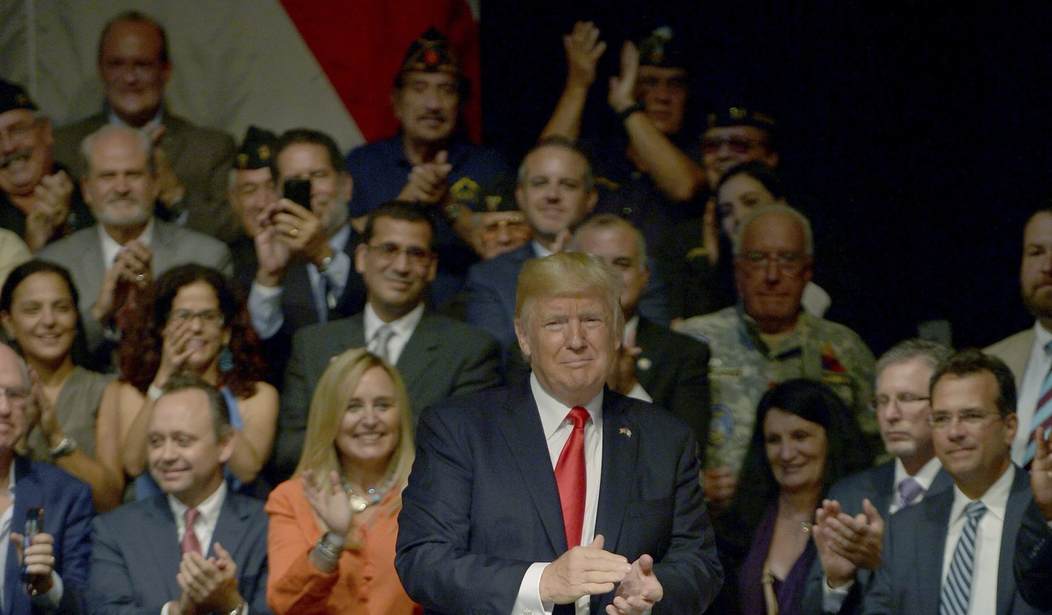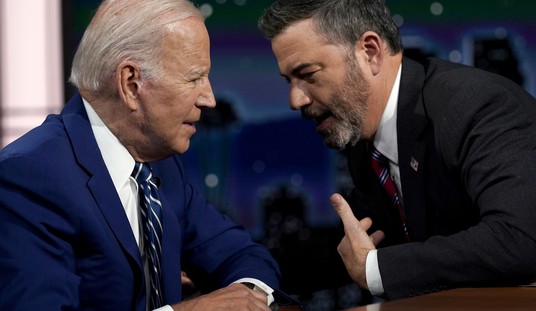With his typical panache, Frank Buckley asks the central political question of our time and hints at an answer with an original suggestion for remediation. The question is what to do about the “administrative state,” a.k.a., the regulatory state, the “deep state,” that Leviathan that Steve Bannon, President Trump’s chief strategist, has said he came to Washington to “deconstruct.”
As Buckley points out, that laudable goal is hedged around with difficulties, partly because the meddling class has built up such a formidably complex hive of extra-constitutional rules and regulations, partly because the populace has been supine for so long that strategies for effective rejoinder seem utopian at best. What, really, can one do about the proliferation of “guidance,” of the statute-like interference in the conduct of business or, indeed, of everyday life?
The Kafkaesque bureaucracy stymies ordinary people at every turn as it pursues its two overriding goals: the perfection of a “progressive,” i.e., socialist agenda and—just as important—the consolidation of its own power and perquisites.
What to do? The courts can only do so much without themselves falling prey to the molasses-like blandishments of the administrative state. Effective responses seem to be few and far between.
One model, Buckley notes, was provided by Andrew Jackson who, disgusted by the encroaching sclerosis and corruption of the bureaucracy he inherited, instituted a “spoils system.” He fired 10 percent of the federal workforce and replaced it with people of his own choosing. “Was that so bad?” Buckley asks, indulging in what Latinists refer to as a “Num” question: one expecting the answer no. As Buckley notes, even so partisan a liberal as Arthur M. Schlesinger, Jr., lulled perhaps by the historical distance of Jackson from our own time, thought that it was a positive development that helped to restore the people’s faith in government.
Donald Trump has himself said that he would like to cut the federal workforce by 10 percent and has outlined many other cost-saving and, more to the point, bureaucracy-cutting measures. Why are these efforts, many of which have already begun to bear fruit, not universally applauded, at least among conservatives?
I do not know the answer to that question. But it is certainly the case that Trump’s efforts are not universally applauded among conservatives. Buckley quotes a curious tweet emitted by my friend Bill Kristol, former editor of The Weekly Standard and a paid-up member of the ever Never Trump brigade: “obviously strongly prefer normal democratic and constitutional politics. But if it comes to it, prefer the deep state to the Trump state.”
What I find so curious about this tweet is the phrase “Trump state.” What is it? What horror does Bill envision that would lead him to prefer what Donald Trump has on offer to the “deep state”?
Ever since Trump was nominated, I suspected that he was going to govern as a far more conventional figure than some of his campaign rhetoric might have suggested. And so it has turned out to be. Sure, he continues to broadcast eyebrow-raising tweets and make provocative statements, but look at what he has actually done:
- Nominated, and had confirmed, Neil Gorsuch to the Supreme court.
- Nominated a score of federal judges whose impeccable conservative credentials should be balm to conservatives like Bill Kristol.
- Issued many executive orders and other initiatives to pare back onerous and counterproductive regulations.
- Changed the rules of engagement in hot spots like Syria and Afghanistan so that commanders on the ground, not Washington weenies, make decisions about appropriate military responses.
- Outlined an ambitious tax plan that would slash taxes across the board.
- Worked diligently to unravel the monstrosity of Obamacare.
- Undertaken on his first foreign trip a robust articulation of his “America First,” anti-terrorist policy, all while demonstrating what progress in the Middle East might look like by flying, for the first time, directly from Saudi Arabia to Israel.
- Made it possible for entrepreneurs to exploit America’s enormous energy-producing potential by scraping the prohibitions on coal mining, opening up the Keystone and Dakota pipelines, etc. etc.
- Reduced illegal immigration by more than 70 percent just by being president.
- Released a budget that makes meaningful cuts in federal programs.
- Etc., etc., etc.,
Now, Bill Kristol knows all of this. So why does he speak of the “Trump state”? How does it differ from the “normal democratic and constitutional politics” he says he prefers?
I suspect, but do know know for sure, that the issue is largely aesthetic—what in an earlier time might have been called “snobbery.” Bill does not like where Donald Trump hails from. I don’t means Queens, NY, but rather the unschooled precincts of the spirit that people without the right credentials inhabit by definition. There are objective correlatives—a certain taste in ties, in victuals, even in feminine pulchritude—but it all boils down to a matter of style in the most comprehensive sense. Bill Kristol, scion of one of the most accomplished conservative intellectual couples of the last century, has it. Donald Trump does not. Bill is Harvard, not just because he went there, but because of the intellectual manners, the habitus, he internalized.
The sociology of the Trump presidency—and the anti-Trump “resistance”—is an unwritten chapter in recent American history. As I say, I suspect it will have to be filed chiefly under “Snobbery, examples of,” but that’s as may be. This much I am convinced of: 1. Those who identify the “administrative state” (the “deep state,” etc.) as our chief political problem today are correct; 2. Donald Trump really is trying to unravel (“deconstruct,” “drain”) Leviathan; 3. The right-leaning anti-Trump campaign is so virulent because, even if unwittingly, it is itself part of the overweening bureaucrat dispensation that is the enemy of freedom; 4. Trump will survive to the extent that he is able to follow the example of his hero Andrew Jackson and challenge his challengers by pushing through his agenda undistracted from the yapping of the PC chihuahuas.









Join the conversation as a VIP Member